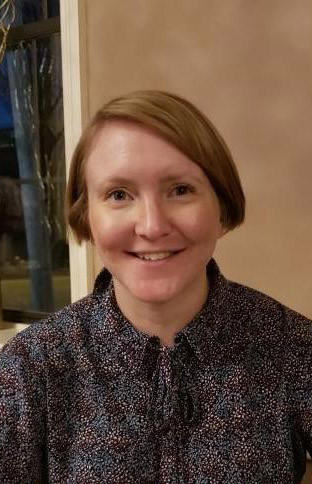
Ekaterina Babintseva
- Assistant Professor // History
- Assistant Professor // Cornerstone
Research Focus
History of Science and Technology in the 20th Century
Curriculum vitae
Office and Contact
Room: BRNG 6178
Office hours:
- Fall 2025:
- TTh, 1:30-2:30pm and by appointment
Email: ebabints@purdue.edu
Phone: 765-496-2686
Ekaterina Babintseva is a historian of science and technology with a focus on the history of computing, data, and mind sciences in the 20th century. She is currently finishing her first book Learning with Machines in the Cold War United States and the Soviet Union that examines a connection between pedagogical computing––a movement to build special teaching computers that would replace human instructors in the US and the USSR––and artificial intelligence (AI) research. The book examines what kinds of assumptions and theories about human thinking and learning led people to decide that computers can augment human thinking, and how, then, these pedagogical computing projects prompted new questions about human cognition and machine intelligence, contributing to diverse number of domains in computer automation of reason.
She serves on the organizing committee of the Special Interest Group for Computing, Information, and Society (SIGCIS) annual meeting.
Babintseva’s work has received support from the Isaac Newton Institute for the Mathematical Sciences (University of Cambridge, UK), the Linda Hall Library, the Consortium for the History of Science, Technology, and Medicine, the Charles Babbage Institute, the National Academy of Education, and the IEEE History Center.
Dr. Babintseva is currently accepting graduate students with interests in the history of computing, data, and mind sciences in the 20th century in the West.
List of Publications
“Rules of Creative Thinking: Algorithms, Heuristics, and Soviet Cybernetics Psychology,” BJHS Themes. Histories of Artificial Intelligence: Genealogies of Power. 2023; 8:81-95.
“Engineering the Lay Mind: Lev Landa’s Algo-Heuristic Theory and Artificial Intelligence,” in Abstractions and Embodiments: New Histories of Computing and Society, edited by Janet Abbate and Stephanie Dick. Johns Hopkins University Press, 2022.
“‘Overtake and Surpass:’ Soviet Algorithmic Thinking as a Reinvention of Western Theories,” in Cold War Social and Behavioral Sciences: International and Transnational Entanglements, edited by Mark Solovey and Christian Daye. Palgrave Macmillan, 2021.